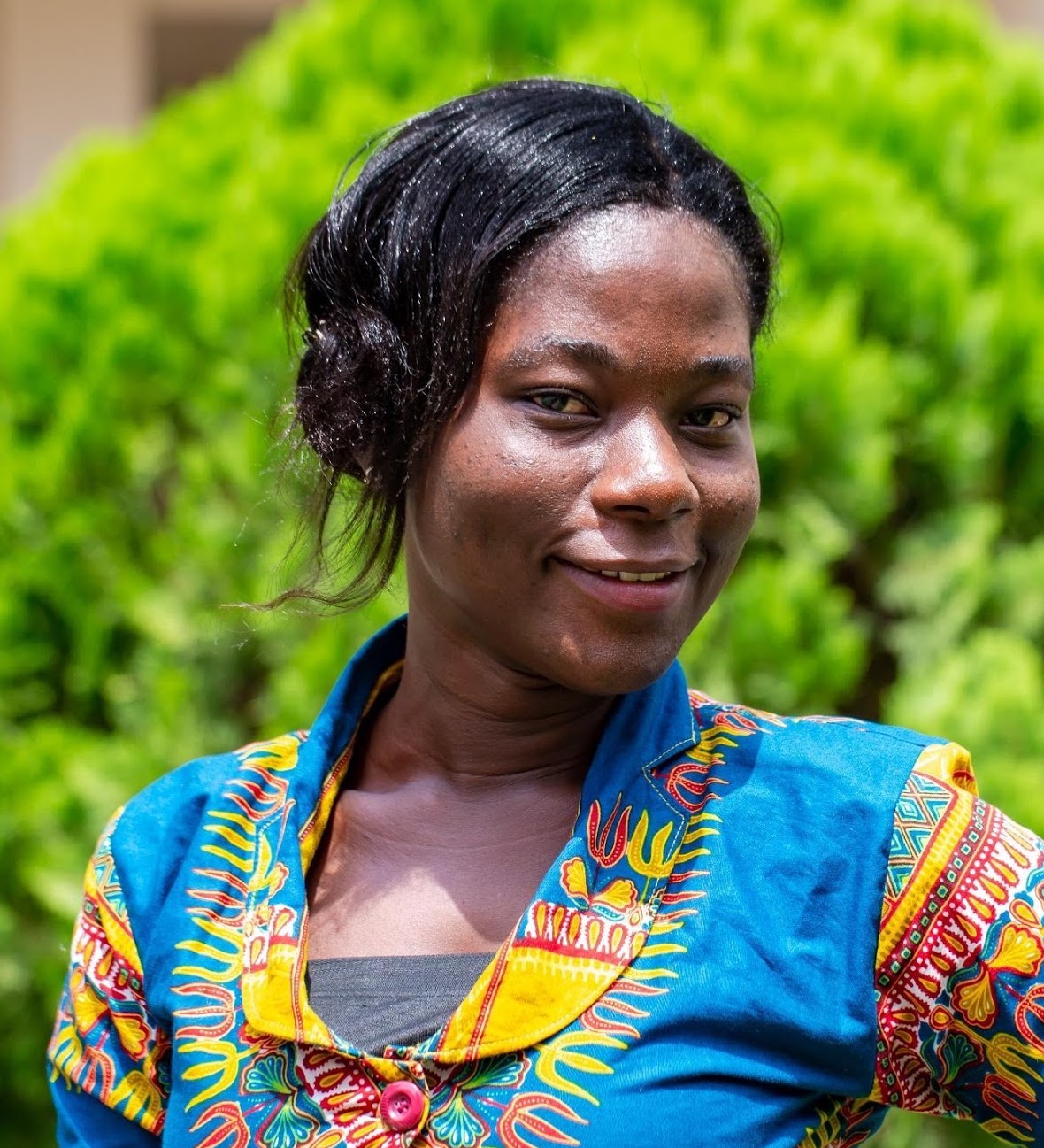Miners are now encouraged to use personal protective equipment
In Ghana, the sector is deluged with unsafe working conditions, including the absence of protective clothing, improper working tools and use of mercury. On average, the sector records five fatalities and 50 injuries annually, with miners suffering various degrees of lacerations, burns, spinal cord injuries and fractures.
“There is a perception that the accidents and injuries that occur in artisanal and small-scale mining activities are to be expected and unpreventable. Some even believe that fatalities on site would bode well for gold mines,” says Mary Yankson, a mine worker in the Western region of Ghana.
Solidaridad, through the Golden Line programme, has strived to address these challenges by improving the working conditions of miners within the Western and Ashanti regions of Ghana.
The Golden Line programme has trained and sensitized artisanal and small-scale miners on the dangers of their operation, responsible mercury use, health and safety measures, and responsible mining practices.
Through the training, beneficiary mining companies such as the Solution Mining Enterprise, the Obeng Mining Group and the Beava Mining Enterprise in the Western region of Ghana, have become increasingly aware of their unsafe working conditions and they are determined to improve the situation.
The training offered by Solidaridad has provided a lot of insights for our work and have changed the perception that the accidents and injuries that occur in artisanal and small-scale mining activities are normal,” -Mary Yankson
Aside from educating and sensitizing the miners on safe working practices, Solidaridad has also supported them to implement practical measures to improve safety at the mine sites.
Safety signages have been installed on the mine sites to help ensure adherence to safe practices
Under the Golden Line project, Solidaridad has provided first aid kits and protective clothing, such as safety glasses, gloves, work boots, helmets and reflective vests, to encourage and increase the use of personal protective equipment by miners. Safety signages have also been installed on the mine sites to help ensure adherence to safe practices.
In order to make health and safety considerations part of the culture of the mines, the project regularly discusses related topics whenever possible. This has contributed to miners now working in safer environments.
“Solidaridad’s effort to promote a safe working environment for miners is inspired by our determination to improve miners’ health and wellbeing as a contribution to the goal three of the Sustainable Development Goals (SDG 3),” says Yaw Britwum Opoku, programme manager for gold at Solidaridad West Africa.
He says helping small-scale mining companies and miners to understand and become aware of their environment was the first step to preventing injury at their workplace.
Equipping miners to administer first aid
Mary Yeboah and other beneficiaries are now working in a safer environment
The project has also equipped the miners with knowledge and skills on how to administer first aid to an injured person on site.
For Mary, who has been working in the sector for over five years now, the most important change is that they are now able to reduce or prevent casualties on site.
The Golden Line, funded by the Dutch Ministry of Foreign Affairs, is an initiative by Simavi, Solidaridad and Healthy Entrepreneurs with the goal of economically empowering women in small-scale mining communities in Ghana and Tanzania. This is in line with Solidaridad’s gold programme, which focuses on improving the livelihoods of artisanal and small-scale miners and their communities by promoting environmental sustainability, reducing negative social impacts, and improving health and safety practices.
Read more about our work in Gold.

